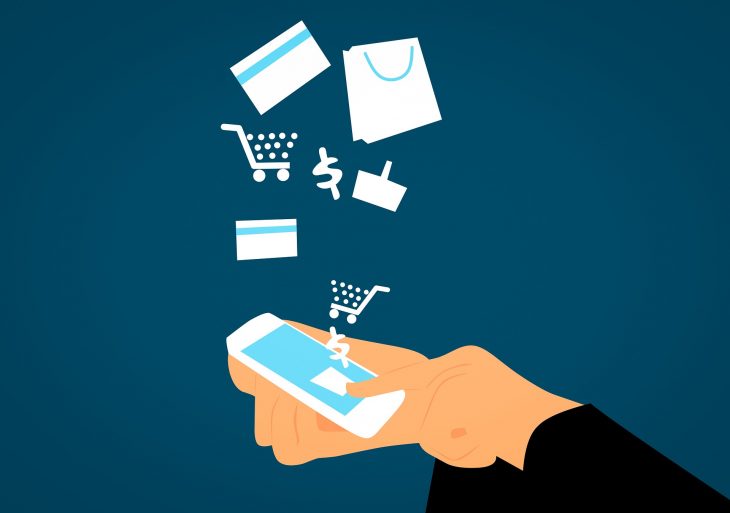Apple’s Tim Cook says that Apple and the COVID pandemic helped push contactless payments into the payments mainstream, according to this report by Fast Company, accomplishing a goal payment brands and credit card issuers sought for over the past ten years.
- Yesterday Apple, the world’s largest tech company by market cap, had its quarterly financial call. While most of the call, as you would expect, was about hardware sales, Apple CEO Tim Cook made an interesting comment about how the pandemic is increasing the adoption of one specific type of tech in the United States: contactless mobile payments. Per Cook (via MacRumors):
- As you can imagine, in this environment, people are less wont to hand over a card. Contactless payment has taken on a different level of adoption, and I don’t think we’ll go back. The United States has been lagging in contactless payments, and I think the pandemic may very well put the U.S. on a different trajectory there. We are very bullish on this area, and there are more things that Apple can do in this space, so this is an area of great interest to us.
The article points to adoption rates across the globe.
- As far as countries go, unsurprisingly, China is the country with the highest adoption of mobile contactless payments. Forty-seven percent of the population uses the tech.
- Norway is a close second at 42%, followed by the United Kingdom (24%), Japan (20%), and Australia (19%).
- Right now, the United States stands in seventh place, with 17% of the population using mobile payments.
- However, if Cook’s comments are correct (and given that Apple Pay is the third-most-popular mobile payment system in the world, he should know), the U.S. could soon leapfrog Columbia, Australia, and maybe even Japan to become the fourth-placed country where mobile contactless payment adoption is the highest.
The back story comes from a U.K. fintech that says wallets, not the issuers, drive contactless growth.
- Capital on Tap is the latest U.K. fintech company to offer its customers full integration with the most popular digital wallet apps – Google Pay and Apple Pay.
- The digital payment market, which includes all consumer transactions made over the internet and on mobile devices, has been on the rise for over a decade. In 2020, there have been over 779 billion digital transactions worldwide, and this number is expected to grow at a 13% rate in the coming years.
Citing Statistica data, the estimate is that the number of contactless payments will hit 95 billion in 2020 and 150 billion by 2022. Data from the World Payments Report indicates that cash payments will drop from more than 30% in 2018 to about 17% by 2022, to benefit credit, debit, and mobile payments.
The same sentiment on wallets being the driver comes through in their analysis. Although the transactions process through top banks like Barclays, Chase, and Santandar, the vehicle is the wallet, not the card.
- Recent years have seen a huge development in mobile payment apps. From long-established apps like PayPal to more recent ones like Google Pay, Apple Pay, or Samsung Pay to local players like Alipay or WeChat, users now have a whole array of payment apps helping them to make purchases online or via their devices seamlessly and securely.
- The growing popularity is especially seen in China, where the two local mobile payment app players – AliPay and WeChat have over 1 billion registered users each. Current estimates are that 47% of all smartphone users in China are regularly using digital wallet apps, making it the world’s leader in the highest adoption of mobile payments.
The most interesting set of numbers in the article estimate, again based on data from Statistica, mobile wallet users by company, with Alipay at 1.2 billion, WeChat at 1.1 billion, Apple Pay at 441 million, Google Pay at 100 million, Samsung Pay at 100 million, and Amazon Pay at 50 million.
The takeaway for credit card issuers is clear. Contactless card enablement is table stakes, but aligning with wallets is critical for adoption.
Overview by Brian Riley, Director, Credit Advisory Service at Mercator Advisory Group











